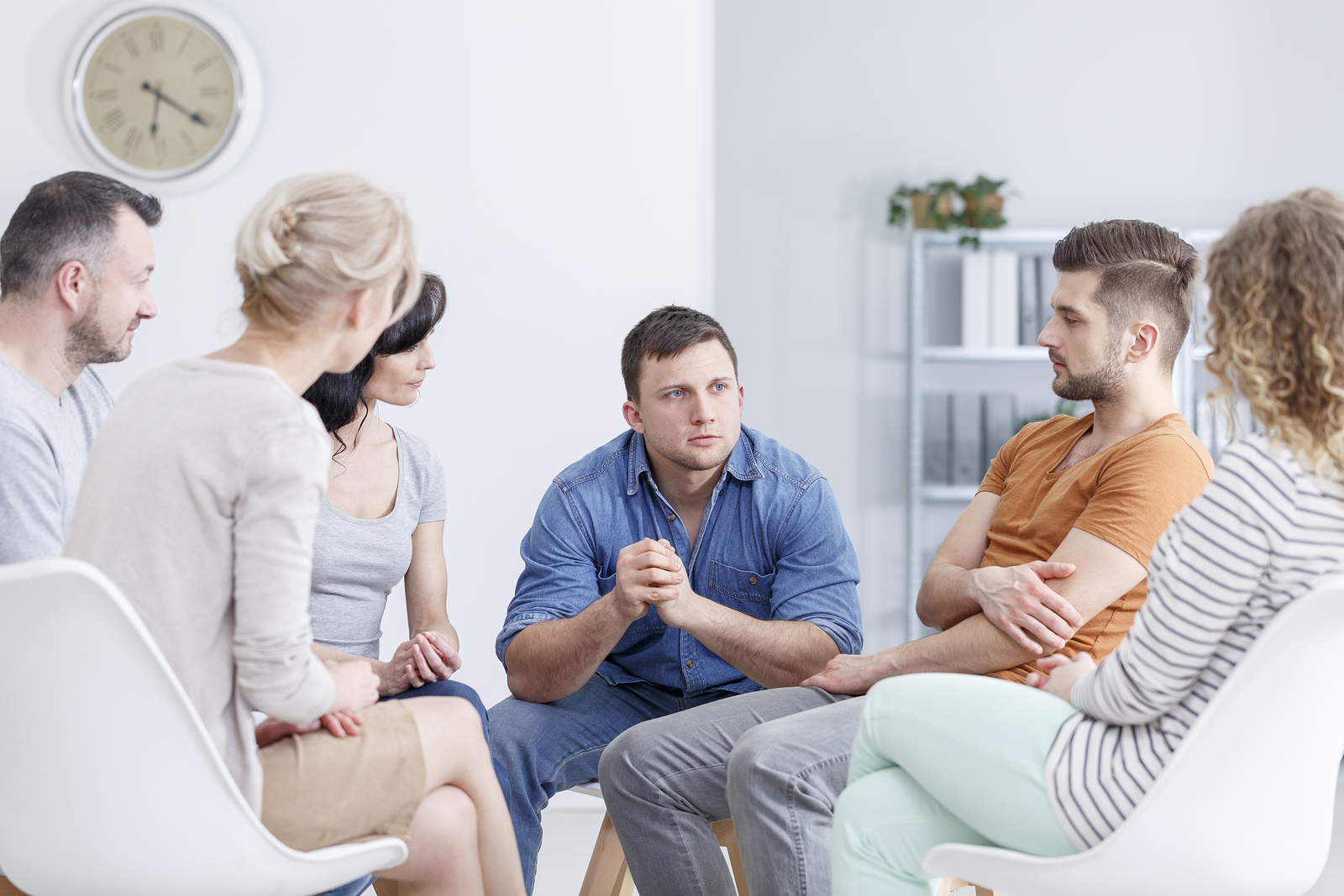Elderly Care: You have been noticing that your elderly loved one says the wrong word for things.
Over the last few months or even longer, you have noticed that they are forgetting things more often. With these concerns, you took your elderly loved one to the doctor. After some appointments and testing, the doctor gave your elderly loved one a dementia diagnosis. This can be difficult for you and you’re senior to handle. How are you going to tell others in the family or their friends about the diagnosis? Elderly Care Providers can help you with this.
There are certain approaches you can take to talk to others about your elderly loved one’s dementia diagnosis.
Have Private Conversations
Dementia is not something you should talk to people about in public. When you are telling other family members or friends of your elderly loved one about the diagnosis, make sure to do this in private. You can invite people over to your house to talk to them about your loved one’s diagnosis. You can ask to go over to their house, as well. By having the conversation in private, everyone can feel free to respond in the way they need to. Everyone is able to speak more freely when having a conversation in private, too.
Ask Them to Just Listen Before Responding
You are likely already nervous and worried about telling everyone else about your elderly loved one’s dementia diagnosis. You aren’t sure how they are going to respond or what everyone will say. These worries are all normal and it is okay to be a bit on edge.
The good news is there are ways to get through this conversation with others a bit easier. One tip to help the conversation go better is to ask everyone to just listen before they respond. Inform everyone that you have something to tell them. You would appreciate it if they let you talk fully before they speak. Most people will be patient and let you speak if you make that request before talking.
Allow the Reactions
You had your time to react to the diagnosis. You had the time to process the thoughts and emotions you had regarding your elderly loved one’s diagnosis. It is important that you let others do the same. If people want to talk to you about getting your loved one personal care at home services, listen to them. Let them feel free to ask the questions they have regarding that type of care. By allowing everyone to have their own reactions, the conversation should go better.
Conclusion
Dealing with a dementia diagnosis in a loved one can be tough. You and your elderly loved one may have tons of emotions regarding the diagnosis. Your thoughts and concerns may be all over the place. For example, you may want to care for your loved one, but you also know you probably will need to get elderly care at home services for them, too. It is important to let everyone else have their own reactions. They need the same time you do to handle the diagnosis.
If you or an aging loved one are considering hiring Elderly Care in Lafayette, AL, please contact the caring staff at Prime Home Health today. Caring for Our Friends and Neighbors in Tallapoosa, Chambers, Lee, Macon, and Russell Counties! Call us 24 hours a day, 7 days a week! 334.745.7966
Sources
https://www.nia.nih.gov/health/

